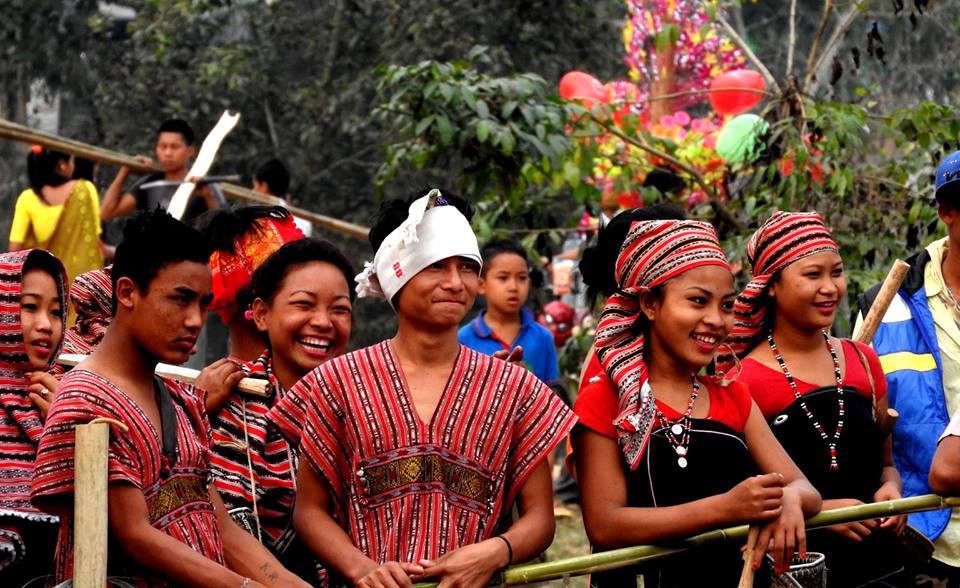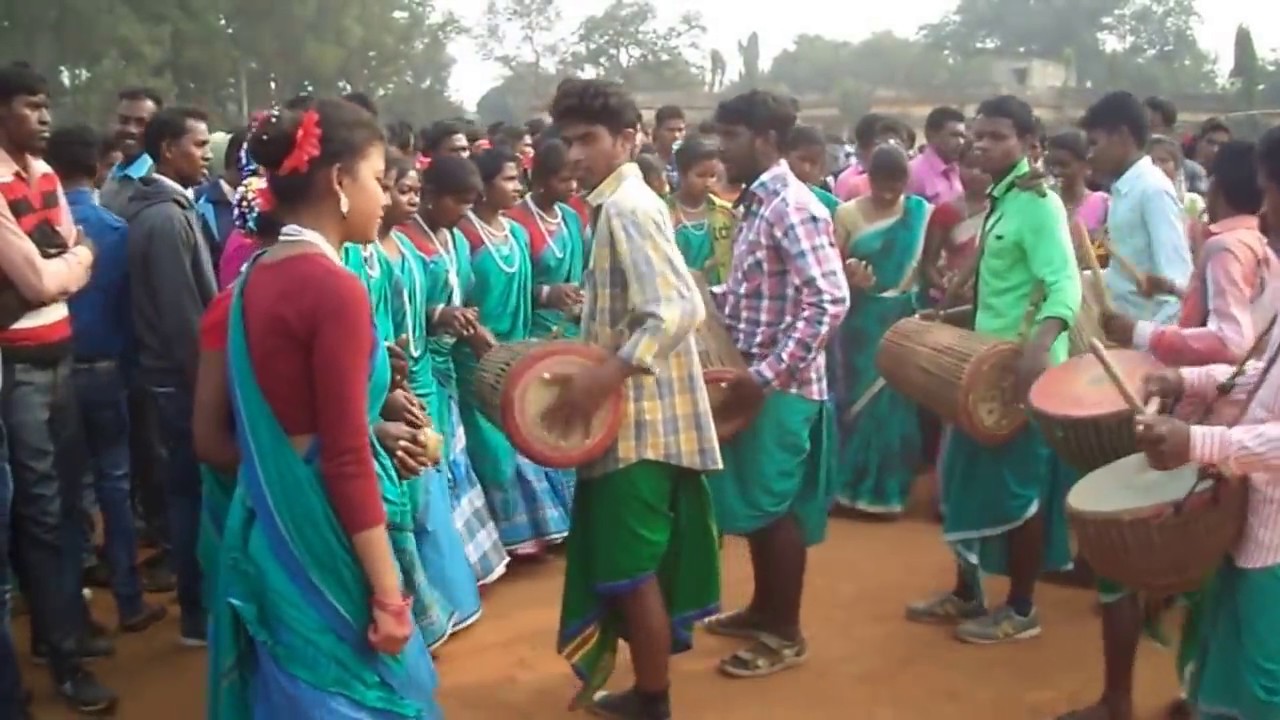On the eve of Republic Day, three months ahead of the General Elections, it would seem they were just around the corner. Some pundits and psephologists never seem to learn. They are already quite confidently calling the shots right down to the number of Lok Sabha seats, based on sample survey polling of the potential “billion” voters. All this qualified with the adage ‘A week in politics is a long time’. The wisdom of that should have dawned on all of us by now thanks to the “instant” Maggi-noodles-like rise to power of the Aam Admi Party (AAP). The recipe is of course a secret – even to them it seems.
“The factors that led to the spectacular success of the Aam Admi Party are yet to be analyzed but one rather surprising fact is that the success was achieved without any charismatic leader or powerful ideology.” Thus wrote Prem Kumar Mani in “Making sense of ‘Hindistan’ assembly poll results” (FP January 2014). The uncharismatic Kejriwal and the riddle called AAP had made the covers of most of India’s leading newsmagazines by early January. AAP has now been overanalyzed by the Indian media and yet I say FORWARD Press’ Cover Story on AAP is unique. Credit for that goes our own Pramod Ranjan. His social profiling of the AAP leaders as well as its supporters helps answer the question: Can a party with anti-reservation roots but dependent on Bahujan votes deliver the social justice it claims it is committed to?
Republic Day is an annual reminder to the citizens of India that “we the people” constituted ourselves to be and become a republic and to secure to all our citizens justice, liberty, equality and fraternity, “assuring the dignity of the individual and the unity and integrity of the nation”. This is of course the Preamble to the Constitution of India which came into effect on 26 January 1950. To commemorate the labour that went into the making of our Constitution we have a special photo-feature on the work of Babasaheb Ambedkar as chair of the Drafting Committee.
This month’s article in the Nation-building series by Vishal Mangalwadi addresses a very sensitive issue from a counter-cultural but very historical perspective: “Why Hinduism Couldn’t Make India a Nation”. Mangalwadi makes the case that, until the coming of the British, Indians (not “India”) had evolved politically from tribes and village republics to kingdoms and even empires but never into a nation. Read it, think about it and perhaps debate it on FP’s Facebook page.
I shall end with what I posted on FP’s Facebook page on the death of the great Marathi Dalit poet Namdeo Dhasal:
As a young journalist, having written about Dalit Panthers when they first broke on the scene in the early 1970s, I now realize they were/are just a few years older than me. Unfortunately, having started as an angry young man, even the fiery Namdeo Dhasal ended up writing for the mouthpiece of the very Shiv Sena ‘tigers’ who once hunted the Panthers in Bombay/Mumbai’s urban jungle. So, unfortunately, I cannot quote the lines from Welsh poet Dylan Thomas:
Do not go gentle into that good night,
Old age should burn and rave at close of day;
Rage, rage against the dying of the light.
Published in the February 2014 issue of the Forward Press magazine
Forward Press also publishes books on Bahujan issues. Forward Press Books sheds light on the widespread problems as well as the finer aspects of the Bahujan (Dalit, OBC, Adivasi, Nomadic, Pasmanda) community’s literature, culture, society and culture. Contact us for a list of FP Books’ titles and to order. Mobile: +919968527911, Email: info@forwardmagazine.in)





